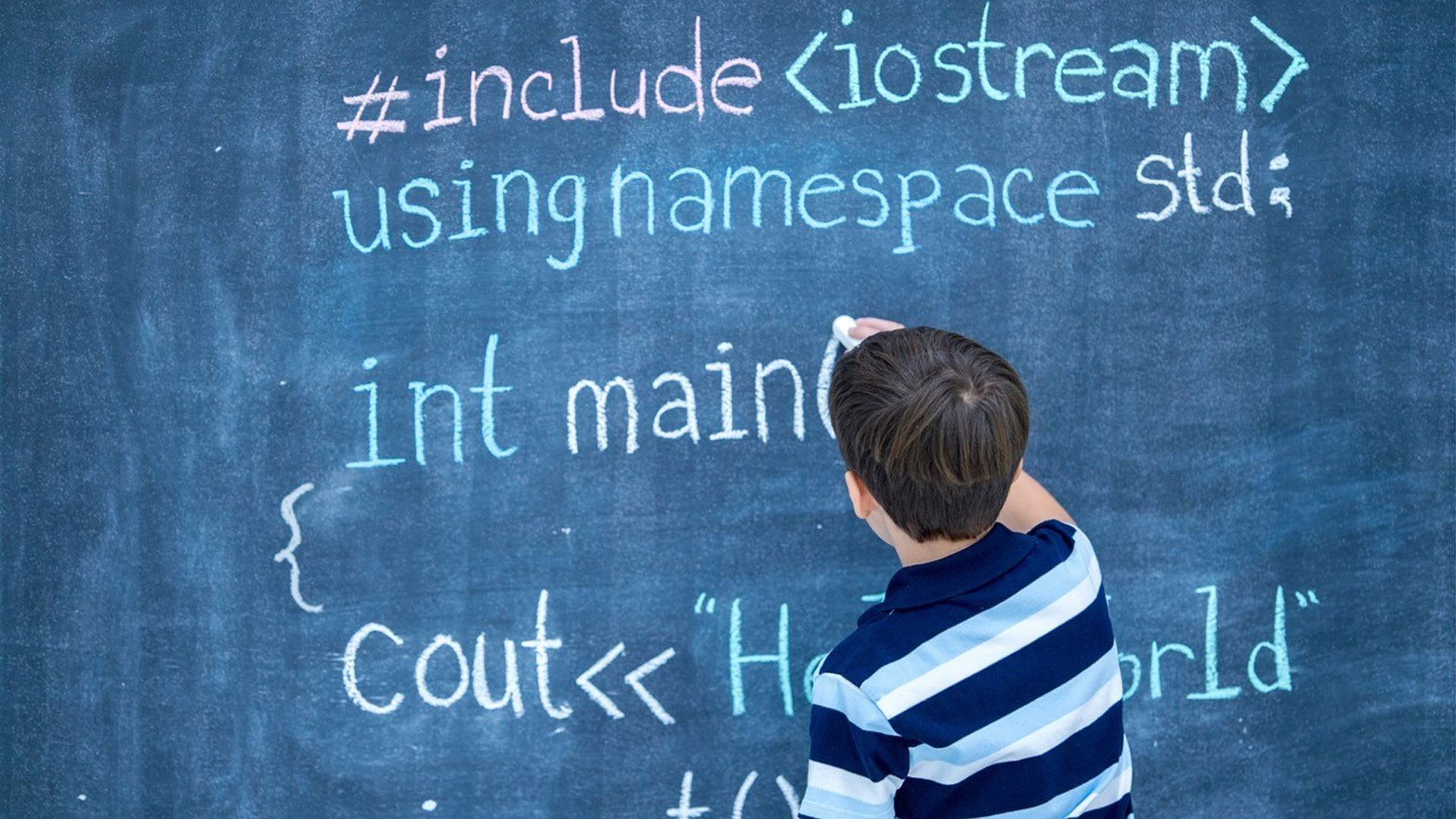How to Stop Trauma Dumping and Protect Your Mental Health
 Are you a trauma dumper? Trauma dumping is a type of emotional dumping that, to quote the Urban Dictionary, results in “unloading all your emotional crap unmercifully onto one or more of your friends.” The practice has expanded from people you know to trauma dumping to total strangers.
Are you a trauma dumper? Trauma dumping is a type of emotional dumping that, to quote the Urban Dictionary, results in “unloading all your emotional crap unmercifully onto one or more of your friends.” The practice has expanded from people you know to trauma dumping to total strangers.
Trauma dumping can be hazardous to your friendships and mental health. Yes. The last months have been stressful and a lot of us have pent-up emotions that we’d like to air. That’s no excuse for unloading negativity onto the unsuspecting. Don’t kid yourself that trauma dumping is the same as venting. Emotional dumping on your friends, acquaintances, or strangers without warning or permission is abusive and manipulative—toxic oversharing.
Trauma Dumping on Social Media
Trauma dumping is alive and well on social media. One post can trigger a downward spiral of one-upmanship. Nobody likes to hang around and listen to a trauma dumper—in person or online. It isn’t funny. It’s not cathartic. And it doesn’t make you feel better. Fishing for sympathy or competing for who has it worst will not give you personal insight.
Venting, by contrast, is a healthy form of expressing negative emotion, such as anger and frustration, in order to move past it and find solutions. Venting is done with the permission of the listener and is a one-shot deal, not a recurring retelling or rumination of negativity. A good vent allows the venter to get a new perspective and relieve pent-up stress and emotion.
The Benefits of Venting
While there are benefits to venting, there are no benefits to trauma dumping. In trauma dumping, the person oversharing doesn’t take responsibility or show self-reflection. Trauma dumping is delivered on the unsuspecting. The purpose is to generate sympathy and attention not to process negative emotion. The dumper doesn’t want to overcome their trauma; if they did, they would be deprived of the ability to trauma dump.
Research shows that without some form of processing, the trauma dump doesn’t help release anything and can even make it worse. Trauma dumping, however, affects others. It makes others feel worse because it spreads negativity and drains away energy.
The pandemic has raised stress levels for everyone. High levels of stress and social isolation increase the likelihood of trauma dumping, especially among those who haven’t developed effective coping skills or who are attention-seekers. TikTok has been a powerful means of connection and entertainment during the pandemic. It is also a source of a lot of trauma dumping. TikTok users tend to skew young and if you grew up with social media as an extension of your social world, you are probably more comfortable sharing emotions and personal information publicly and are more likely to seek online sources of emotional relief. Tweens, teens, and young adults are also more likely to be outwardly and socially focused given the developmental tasks of those ages and young people have not had as many opportunities to develop coping skills—certainly not in response to a pandemic level stressor. these things combined with a lack of maturity increase the probability of TMI and trauma dumping.
We all feel like letting loose with our grievances and pain from time to time. If you’re just hoping for others to share your pain, rather than learning something from it, you’re unlikely to achieve your goal. People who trauma dump find themselves with fewer, rather than more, friends to share it with.
Finding alternative coping methods can not only protect your friendships but can lead to greater self-awareness. Don’t give in to the temptation of emotional dumping. If you feel the impulse, ask yourself why? This means take a moment to breathe and think. If you tend to dump on unsuspecting friends and bystanders, here are some approaches for relieving negative energy and anxiety in positive ways:
Tips to Avoid Trauma Dumping
- Keep a journal. Journals are a safe place to express your negative emotions.
- Practice mindfulness or meditation. It alleviates stress and changes your perspective, often making problems seem more managable.
- Engage in some form of physical activity. Like meditation, physical activity changes your body chemistry and improves your mood. This can help you see challenges in a more positive light.
- Do something creative. Tapping into. your creativity activates your positive emotion and increases your resilience.
- Listen to music. Music can reduce stress and give you a mental escape.
- Your friends aren’t your therapists. Keep your friends and talk to an actual therapist.
Join Over 7,500 Fielding Alumni Located Around The World!
Change the world. Start with yours.™






Get Social